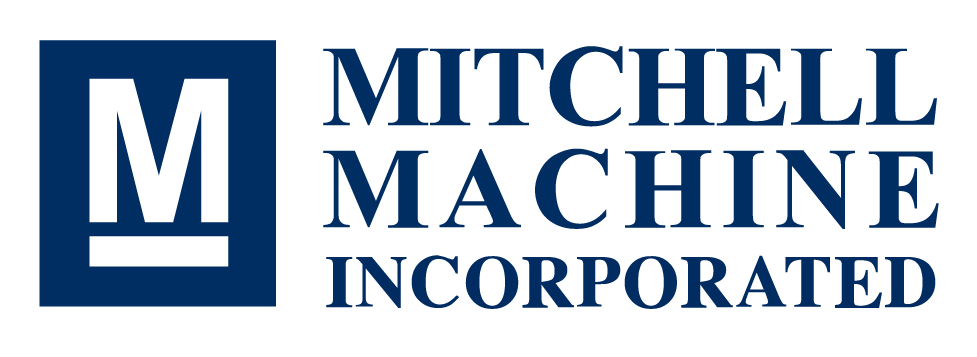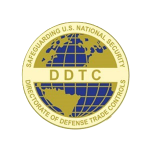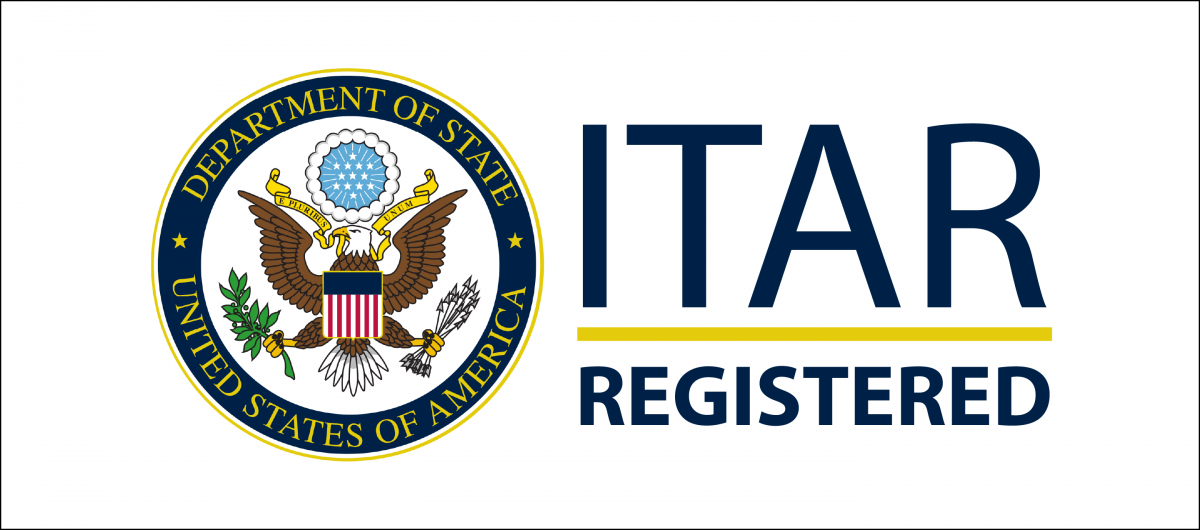
Different types of CNC machines, and their various unique processes, handle custom machining projects. That may not be surprising information; yet, what may be unclear is the major factors that impact the cost of machined parts.
The time required to machine a part is directly affected by the design, materials, features, and tolerances. When you’ve optimized your design for manufacturability, it has a significant effect on costs. It’s important to remember that using a lightning-fast CNC machine isn’t the cure-all that makes every cost-cutting dream come true.
Continue reading to learn some of the most important factors that affect the cost of CNC machined parts.
Factors that Increase Cost:
Order Quantity
It’s true that modern CNC machines can combine multiple operations to run more effectively, however, they still require programming and setup. Ordering multiple quantities of the same part helps generate production efficiencies and lower the cost per piece. At the production phase (up to 10,000 parts), CNC machining can provide maximum cost-efficiency.
Process Time & Complexity
Not all parts are equal in complexity. And, naturally, the more complex a part is — requiring more process operations, machines, and operators — the more it costs to make. The cost of machines and equipment go directly to the cost of the part, and costs add up for all machining operations.
Costs increase with machine size and capability. Larger machines cost more and therefore carry a higher burden rate. They also add intricacy and risk, and they typically require a more experienced operator.
Knowing that process time adds cost, work cells can be set up to run processes in parallel to increase efficiency. A cell operator runs multiple CNC machines in parallel, saving labor costs. Similarly, value-added tasks are often handled during the machining cycle, such as pressure testing and assembly, to reduce total process time.
Inclusion of Additional Treatments and Finishing Processes
If your part requires additional treatments, the associated cost is bound to increase. Popular treatments include heat treatments, specialized coatings, anodizing, surface finishing and specialty machine operations. However, these treatments should be evaluated for necessity and value before incorporating them into the project.
Mitchell Machine | Massachusetts CNC Machining Leaders
Simply having access to a variety of CNC machines isn’t enough to ensure project success. You need a reputable and reliable machining partner.
At Mitchell Machine, in order to guarantee the quality and performance our customers expect, we know that the key is finding the right fit for the job. That could include using strategically created labor cells to run multiple machines and matching the proper CNC machine and machinist to what’s required.
If you’re seeking to benefit from CNC machined parts and save money, Mitchell Machine can offer unique expertise to help you save time and money on your machined parts.
{{cta(‘e51f775f-ed91-47ca-92b9-5fb1d4c56aba’)}}






